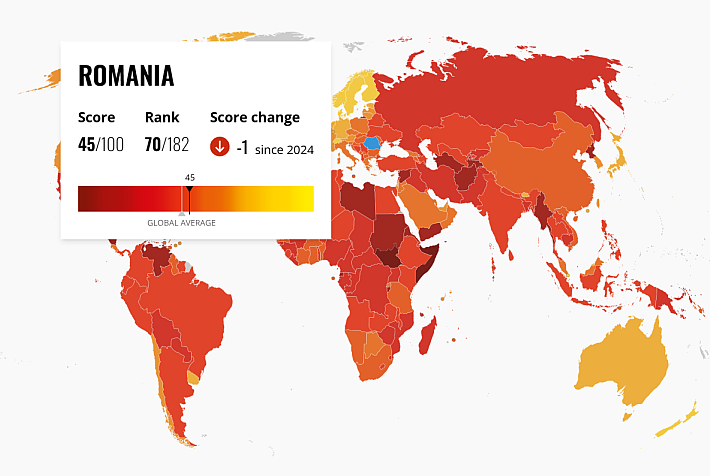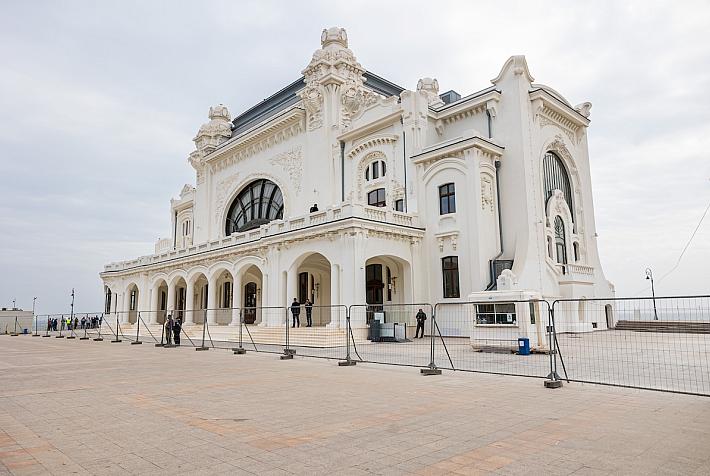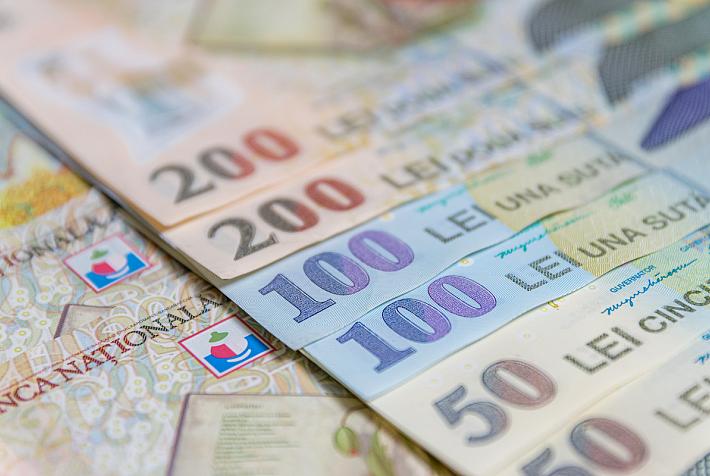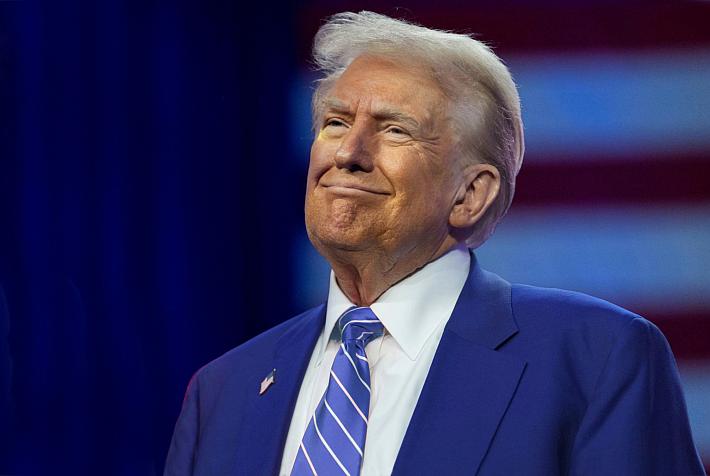IMF delegation to arrive in Bucharest for routine visit
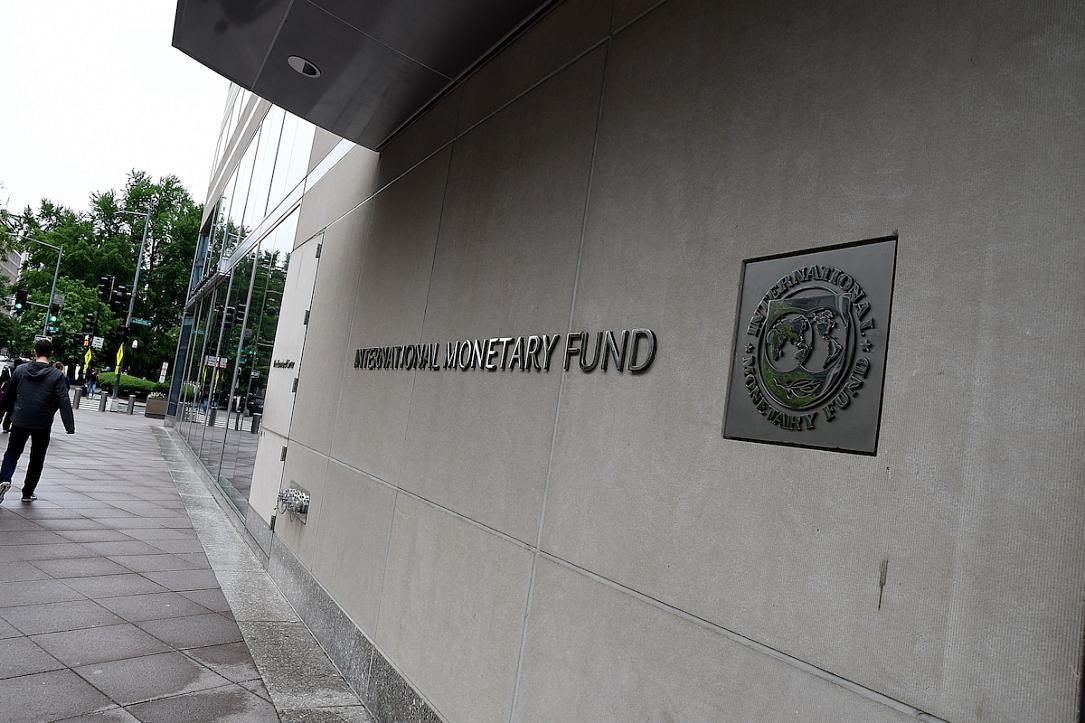
A mission of the International Monetary Fund, led by Jan Kees Martijn, will arrive in Bucharest on January 29 in a routine visit. The IMF team will analyze recent economic and financial developments and review macroeconomic forecasts, according to an announcement by the institution.
The last visit to Bucharest by the IMF team led by Jan Kees Martijn, the mission chief for Romania, took place from September 25 to October 4, 2023, and was conducted for the annual analysis of the economy under Article IV, according to Agerpres.
The International Monetary Fund estimates a 2.3% economic growth for Romania this year and a budget deficit of 6% of GDP. It recommends additional reforms by the authorities in Bucharest amounting to 2% of GDP.
In a press conference held at the end of the consultations, Kees Martijn noted that the fiscal package adopted last autumn by the government is a step in the right direction, but stressed the need for further reforms to increase revenues and efficiency. The IMF experts pointed out at the time that the main measures that should be considered are eliminating remaining exemptions, privileges, and loopholes, further streamlining VAT, implementing a reformed property tax, and using fiscal policy to promote efficient energy use and, more broadly, encouraging the transition to a carbon-neutral economy.
The Romanian government expects the deficit to drop to 5% of GDP in 2024, but the European Commission guidelines require 3% or lower.
IMF experts mentioned, in this context, that the new fiscal package broadens the tax base and improves revenues by eliminating exemptions for employees in agriculture, construction, food processing, and IT, as well as limiting the number of goods that benefit from a reduced VAT rate. Additionally, they believe that increasing the tax on micro-enterprises will lead to higher tax revenues, but consider that the threshold for registering as a micro-enterprise should be further reduced.
On the other hand, the IMF argues that the turnover tax imposed on banks and large companies places an undue burden on companies with low margins and could reduce financial intermediation.
In the medium term, the Romanian economy is expected to reach its growth potential of 3 - 3.25%, as consumption and investments supported by funds from the National Recovery and Resilience Plan (PNRR) remain strong. The inflation rate will decrease from 7% to 4% by the end of 2024, but will remain above the target of the National Bank of Romania, the representatives of the international financial institution further emphasized.
(Photo source: Deanpictures | Dreamstime.com)









